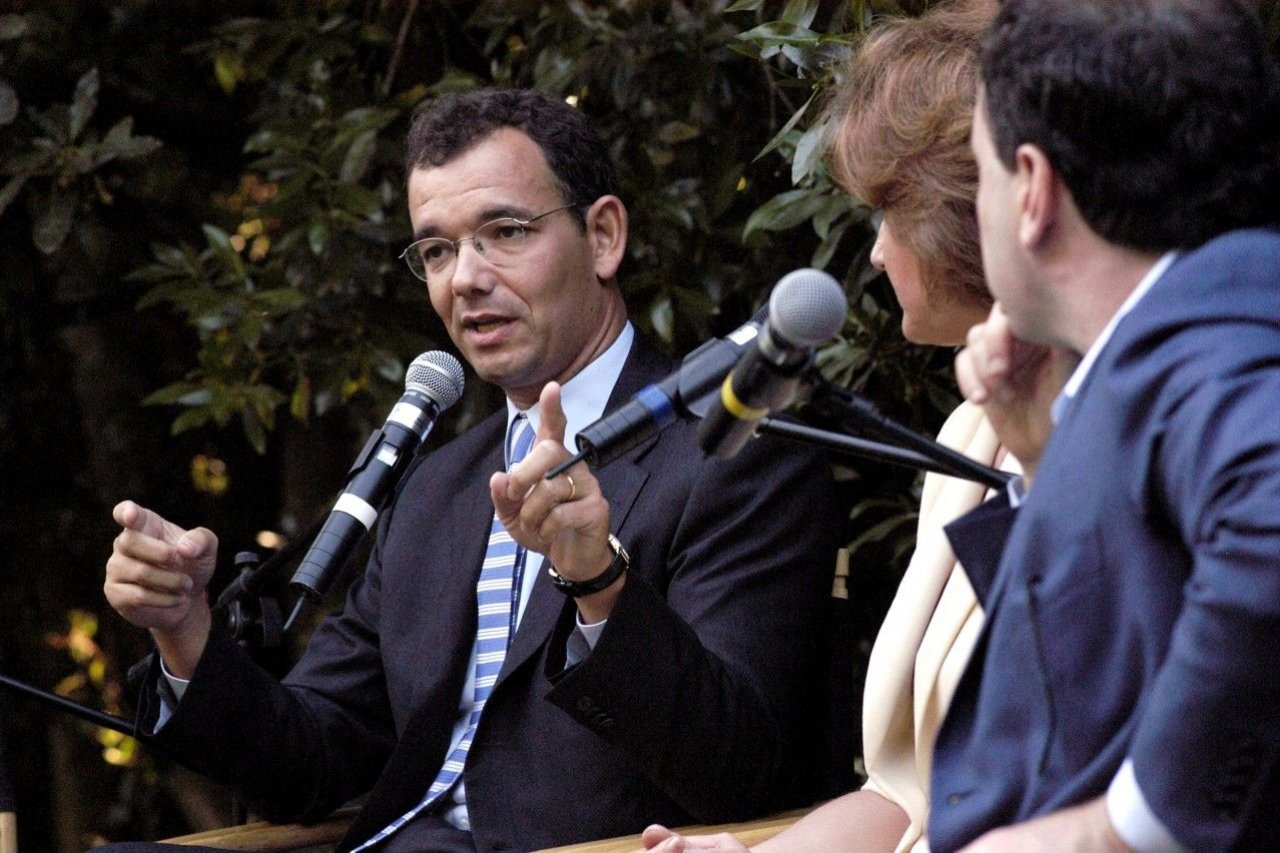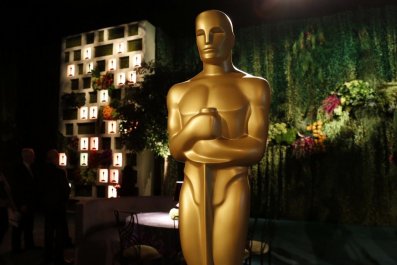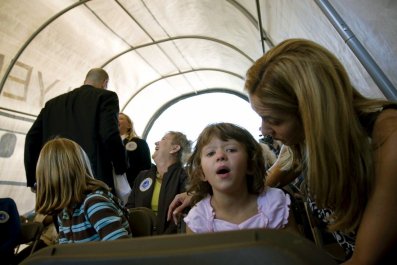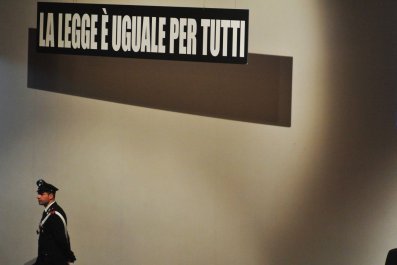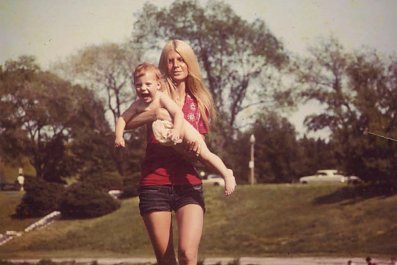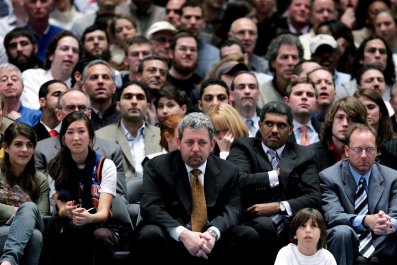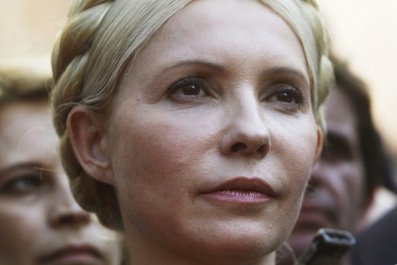Hugging the Pacific Coast from Malibu in the north, weaving its way through Santa Monica and Beverly Hills to the Palos Verdes peninsula, is California's 33rd Congressional District. It's as gorgeous as it is prosperous, and this primary season it promises to be one of the most interesting districts, too.
That's because there's a House race that will measure the Democratic Party's willingness to embrace or reject bold ideas and, perhaps, whether it will shun a candidate because of his writings.
Matthew Miller, a writer, journalist and confessed wonk, is taking on the career pols in the race, and Washington is watching. Despite his California residency, Miller is well known inside the Beltway as a provocative thinker, an amiable disrupter, eager to overturn conventional thinking in both parties.
He has been called a radical centrist, which seems appropriate with his name on books like The Tyranny of Dead Ideas. Whether he can translate his command of policy into a victory in this district is uncertain.
The district is decidedly Democratic - Obama won easily here in 2012 - and earlier this month its legendary congressman Henry Waxman, one of the last veterans of the Watergate class of 1974, announced his retirement, opening up a seat that local politicians have been readying to seize. Unlike Miller, they're trained at getting endorsements and lining up votes.
For more than 20 years, Miller has written about policy, more often than not challenging the Democratic Party's orthodoxies and doing so in ways that have a genial, can't-we-all-get-along tone but which often unsettle. In 1995, for instance, after a stint in the Clinton administration at the Office of Management and Budget, he chided the president he had just served - and then House Speaker Newt Gingrich - for budgets that he said were not daring enough on Social Security benefits - either in cutting costs or making more money available to the needy.
In the piece, he even praised an "affluence test" on benefits. Miller is fiscally conservative but not a scold; he said the Clinton budget was too sparing on education, for example. His Ieft-hook-and-right-jab politics makes him edgier and more unpredictable than split-the-difference moderates.
No wonder so many of Miller's pieces flirt with the idea of a third party. "I'm a Democrat who has been vulnerable to third-party temptation, but I am a proud Democrat," he told Newsweek.
These days, Miller is less worried about the short-term deficit and more about structural difficulties in the economy - like rising health costs and the trouble they cause not only for the federal government's balance sheets but also for the whole economy. That makes him able to embrace positions that are arguably more compatible with Democratic voters than he might have been back in the 1990s, although even these more Democratic-friendly positions are potentially annoying to the White House.
After announcing his bid, Miller lamented that President Obama is not supporting a second stimulus to the economy, one embraced by former Reagan economic advisor Martin Feldstein. "The answer we get from the White House is that it wouldn't pass. But that's not enough," he says. The question now is whether his opponents will scour old quotes and use them to skewer him even if they don't reflect his current positions.
(It's important to disclose that I've been friendly with Miller for more than two decades, although we often don't communicate for several years at a time. We serve on a nonprofit board together and are both contributing editors at The Washington Monthly.)
Miller acknowledges that he has "a paper trail" that his opponents will pore over, whether it's his columns or books or work for foundations and whether it's positions on the budget or education reform. It's certainly true that they have a lot to cover. For instance, he backed the Iraq war but later apologized for it and said he didn't believe President Bush had willingly deceived the country.
They'll scrutinize his other work, too. A resident of the affluent Pacific Palisades neighborhood, where he lives with his wife and daughter, Miller, who grew up in Rye Town, N.Y., and Greenwich, Conn., hasn't been averse to making money. Straddling journalism and business, he's also advised the legendary consulting firm McKinsey & Co. and the public relations giant Burson Marsteller.
Can he win? While Miller is late to politics, his fundraising is off to a good start and he's got hip, digital-minded consultants as well as Clinton-era pollster Stanley Greenberg. He's well known in L.A. from his popular public radio show, Left, Right & Center, with co-host Arianna Huffington, among others.
(Miller is center, of course.) His best asset is that not-a-politician claim, although another entry in the race, New Age author Marianne Williamson - yes, this is Los Angeles - can also tout being an outsider.
Miller's an underdog, but the race is unpredictable. Turnout is low in midterm races, which make them hard to call. And in California, the two finishers of either party go to the fall campaign, which allows Miller some chance of picking up Republican and independent votes, of which there are more in the Palos Verdes area.
As the author of a book called The 2% Solution: Fixing America's Problems in Ways That Conservatives and LIberals Can Love, getting a bipartisan majority is something Miller would relish.



